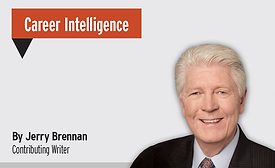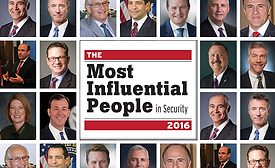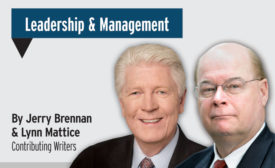Home » security executives
Articles Tagged with ''security executives''
How Incoming Security Executives Can Make a Bigger Impact
Start off on the right foot in your new enterprise with networking, observation and communication.
December 1, 2016
Special Feature
The Most Influential People in Security 2016
Impacting enterprises, communities and nations, these 19 leaders are making a difference in the security industry.
September 1, 2016
Sign-up to receive top management & result-driven techniques in the industry.
Join over 20,000+ industry leaders who receive our premium content.
SIGN UP TODAY!Copyright ©2024. All Rights Reserved BNP Media.
Design, CMS, Hosting & Web Development :: ePublishing










